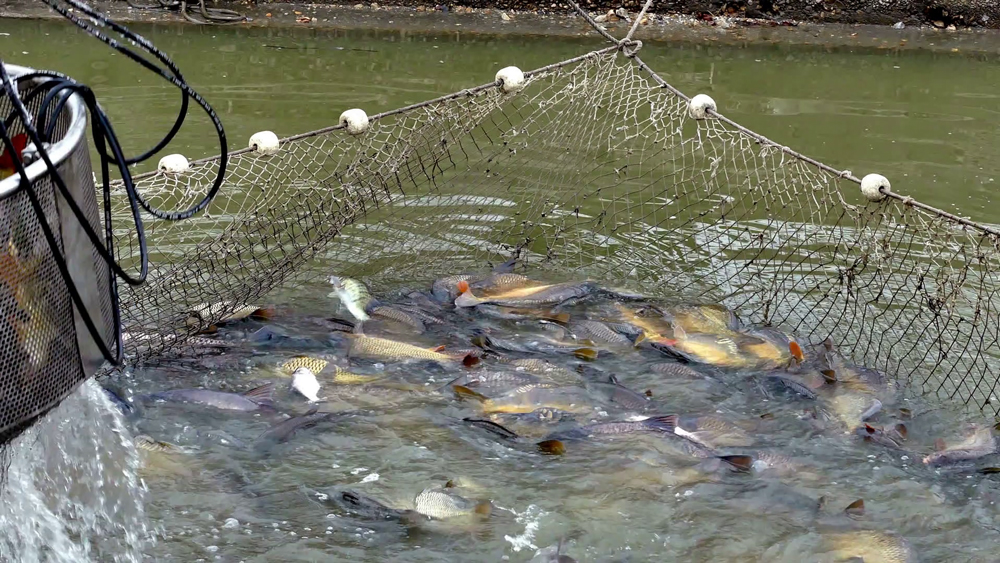Women play a pivotal role in sustainable fishing practices, contributing to various aspects of the fishing industry that are essential for the ecological and economic sustainability of coastal communities. This discussion delves into the multifaceted contributions of women in fishing practices, highlighting their economic, community stewardship, resource management, innovation, and advocacy roles.
Additionally, it examines the challenges they face and the opportunities for empowerment within the fishing industry, emphasizing the need to recognize and support women’s contributions for the advancement of sustainable fishing practices and the preservation of marine ecosystems. Women play a crucial and multifaceted role in Leolist fishing practices, contributing to various aspects of the fishing industry.
Their involvement encompasses:
- Economic Contributions:
Women are involved in various economic activities related to fishing, such as processing and selling fish, as well as engaging in small-scale fishing operations. Their economic impact is significant in many coastal communities, where they often act as the primary income earners.
- Community Stewardship:
Women often serve as custodians of traditional knowledge related to fishing practices, including knowledge about fish behavior, local habitats, and sustainable fishing techniques. This knowledge is vital for maintaining ecological balance and ensuring the sustainability of fish populations.

- Resource Management:
Women are actively engaged in resource management efforts, including the preservation of fish stocks and ecosystems. Their involvement in conservation initiatives, such as advocating for sustainable fishing regulations and participating in community-based management programs, is instrumental in maintaining the long-term viability of fisheries.
- Innovation and Diversification:
Women are at the forefront of innovation in fishing practices, often introducing new techniques and technologies that prioritize conservation and sustainability. Their involvement in diversifying fishing activities, such as promoting low-impact fishing methods or developing alternative livelihoods, contributes to the overall sustainability of fishing practices.
- Advocacy and Education:
Women play a crucial role in advocating for sustainable fishing practices and environmental protection. They are often involved in educational programs aimed at raising awareness about conservation, responsible fishing methods, and the impacts of overfishing, ensuring that future generations are equipped to continue sustainable fishing practices.
Challenges and Opportunities
While women make significant contributions to sustainable fishing practices, they also face unique challenges, including limited access to resources, traditional gender roles, and unequal participation in decision-making processes. Addressing these challenges presents opportunities for empowering women in the fishing industry, leading to more inclusive and sustainable practices.
Summary
The role of women in Leolist fishing practices is multifaceted and essential for the long-term viability of fisheries and coastal communities. Recognizing and supporting women’s contributions is crucial for the advancement of sustainable fishing practices and the preservation of marine ecosystems.
